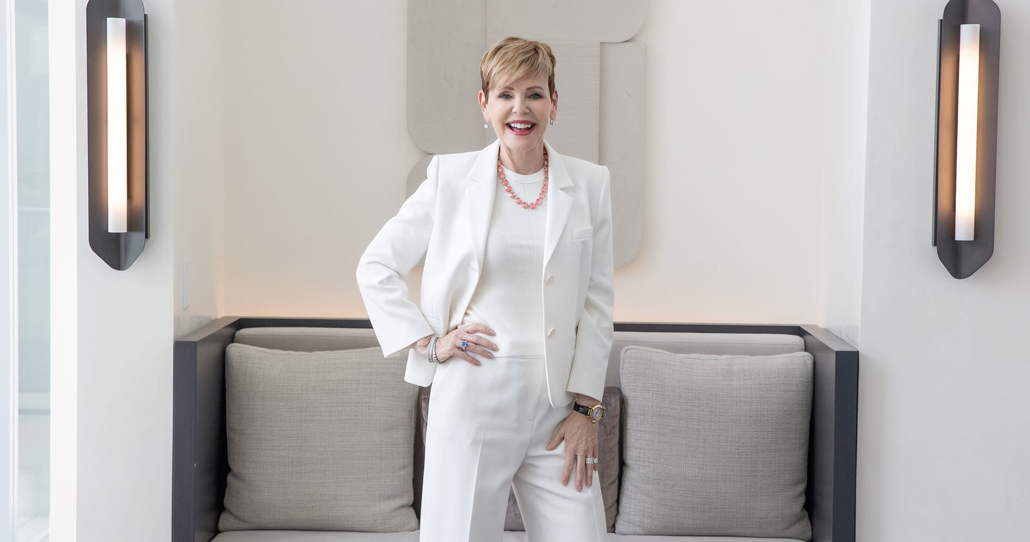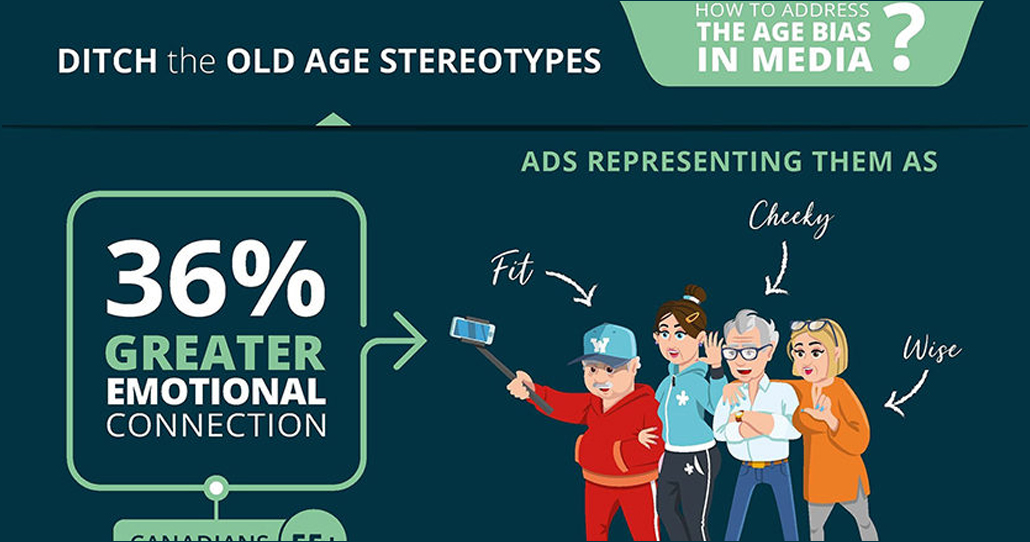Limiting beliefs may be holding your client back.
A limiting belief is a state of mind that may hold your client back or restrict them in some way. Everyone at some point will experience limiting beliefs and so it’s important to help your client find a way to identify them and look for ways to move past them.
For example, I had a limiting belief that I couldn’t become a senior executive at a big financial institution because I didn’t have a university degree. No one ever said that to me, nor was it ever implied I couldn’t progress without one. I simply believed it. It was a state of mind and an unconscious bias I had that was holding me back. That all changed one day when my husband said to me, “Pattie, get off your own coattails, the only person holding you back is you”. He was right.
Limiting beliefs often originate in a place of fear and eliminating this fear can open a world of opportunities for your client.
On October 1st, 2021, HomeEquity Bank called on Canadians to retire the word “senior” which is a big reason why I joined the company. Calling someone a “senior” can create a limiting belief for some that has negative connotations that hold them back from living their life to the fullest. I realize that isn’t always the case and the negativity can be all about context. When I ultimately became a “Senior” Vice President at a big bank I felt a great deal of pride. But I also realize this isn’t always the context nor always the case.
I asked my followers on Instagram @Pattie_Lovettreid how they felt about the term “senior”? There were a lot of comments and here are a few of them:
- I dislike the word senior as much as the ‘anti’ in anti-aging. I feel senior is seen in a negative way, as old, slow, fragile etc. rather than wise, knowledgeable. It is like OAS, old age. Sadly I can’t come up with a new word yet.
- I forget sometimes that at age 62, I am considered a senior. My youngest son told me that he didn’t think of me that way because I don’t act any differently than I ever have.
- happy about the discounts but definitely do not like the word senior. “Seasoned” has a much better ring to it
- why do we have labels at any age? It’s all about a personal perspective.
Regardless of how you or your client may think about the word, when it comes to a certain demographic, HomeEquity Bank will not be using the term “s*nior” going forward and nor will I.
This isn’t a choice created from denial, I will not let my age become a limiting belief where I hold myself back simply due to a number. However, long ago I came to realize there were three main areas in my life where the numbers don’t lie. On my birth certificate, on the scale and in my bank book. These numbers are very real, and it is how your client chooses to embrace them and, if desired, change them, that really matters.
When it comes to age, everyone has a chronological age, it is on our birth certificate, but people also have a biological and financial age. Your client’s chronological age and biological age may or may not be aligned depending on how good or bad their health is. Financial age is based on how much money your client has saved relative to their chronological age.
In other words, I truly hope my biological age is much younger than my chronological age and my financial age is much older. With financial age, the older the better, and your client can achieve that if they have saved aggressively or have access to equity in their home – an untapped resource via a reverse mortgage.
If your client is 55+ they have a lot of life ahead. Clients also can embrace it without a label associated with it and live their life to the fullest. In fact, those 55+ have every reason to believe they will live longer, healthy, and more productive lives than ever before.
Yet for most, that means having enough money to fund the next third of their life.
The road to good health, both physically and financially, can be tough work and requires discipline and, along the way, you can help your client explore all the options available to them.
If your client is wondering how to improve their financial age, here are a few questions you can ask them to get started.
- Do you have enough money to retire today if you had to?
- Do you have debt that is spiraling out of control?
- When was the last time you completed a budget to address your actual living costs?
How your client responds to these questions will help you identify your clients next steps, financially speaking. Remember no two 55-year-olds are the same. People have different life experiences, detours in life, income levels and even family dynamics. Life isn’t a cookie-cutter approach nor is the solution. Help your clients explore the options that best meet their needs.
There is a popular adage, that age is just a number. It is now time to believe it and together let’s retire the word “s*nior” and any negative belief surrounding it.
~ Pattie Lovett-Reid
Chief Financial Commentator
HomeEquity Bank







